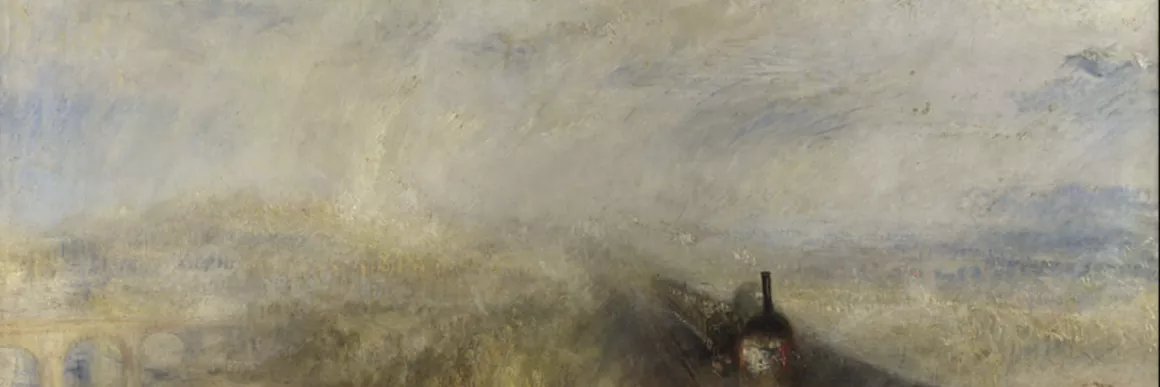Recent work by Latour, Descola and others has argued in favor of putting the concept of nature to “death” in part because it authorizes a set of power relations grounded on a constitutive exclusion: the notion of a “nature” separate from the “social” generates a politics without due process for elements of the collective whose externality to the polis withdraws them from the domain of the political itself. A new form of collectivity is said to emerge on the other side of the “death of nature” that, while not necessarily predicated on the model of the “one,” is nonetheless structured by the absence of the two. In other words, this new form of collectivity dissolves any unitary border between nature and culture, human and non-human etc.
Romanticism and Political Ecology examines the ways in which Romanticism challenges or reinforces this classic divide, which reshapes notions of politics and collectivity in the Romantic era and beyond. Some of the questions the collection attempts to address include how the Romantics reconceived Nature in relation to the space of the political, the way race as a category challenged putatively universal conceptions of the sovereignty of “Man," and how Romanticism helped to reconceive the relation between the human and its others in view of broadening operative definitions of the meaning of “collectivity."
Abstract
Recent work by Latour, Descola, and others has argued in favor of putting the concept of nature to “death” in part because it authorizes a set of power relations grounded on a constitutive exclusion: the notion of a “nature” separate from the “social” generates a politics without due process for elements of the collective whose externality to the polis withdraws them from the domain of the political itself.
Abstract
There is no outside—this is the main watchword of our time; the second one is that there is no nature. My hypothesis is that there is a secret complicity between the foreclosure (Verwerfung) of the outside, which causes a psycho-political illness that I call exophobia (the fear of the outside), and the rejection of nature, the anaturalism constituting the technophilic basis of the Anthropocene and its geo-engineering fantasies. Romanticism could be used as a cure for both exophobia and anaturalism.
Earth, Spirit, Humanity: Community and the Nonhuman in Karoline von Günderrode’s “Idea of the Earth”
Anna EzekielAbstract
Karoline von Günderrode (1780–1806) has long enjoyed a reputation as a Romantic poet, but her philosophical contributions have largely been neglected. This paper is one of the first to address Günderrode’s political thought, especially her view of the interrelationship between human society and the broader environment. The paper argues that Günderrode develops resources for reconceiving the relationship of human beings to the nonhuman and to each other that work against an instrumentalizing view of nature and programmatic political ideals.
Abstract
Recent work by Latour, Descola and others has argued in favor of putting the concept of nature to “death” in part because it authorizes a set of power relations grounded on a constitutive exclusion: the notion of a “nature” separate from the “social” generates a politics without due process for elements of the collective whose externality to the polis withdraws them from the domain of the political itself.
Abstract
This essay finds both a critique of the sovereign paradigm of “Man” and an adumbration of other modes of relationality in the political ecology of Mary Shelley’s novel The Last Man. After outlining how the novel’s notion of Man is a mechanism of differentiation through work, projects, and tasks, it reads the plague at the heart of the book as interrupting and exposing this entire paradigm of sovereignty.
Abstract
This article comes at the notion of "political ecology" avant-la-lettre by exploring the twinned themes of ecological retribution and ecological jubilee in Erasmus Darwin’s scientific poetry of the 1790s. I think seriously (but also comedically) about the revolutionary, de-colonizing, and abolitionist partisanship of other-than human natures in Darwin’s materialist epic. Such figures, I argue, both illuminate and begin to redress the symptomatic silence on the matter of race that too frequently marks newer materialist political ecology and Anthropocene theory.
About
Romanticism and Political Ecology © 2024 by Kir Kuiken and Romantic Circles is licensed under CC BY-NC-ND 4.0

